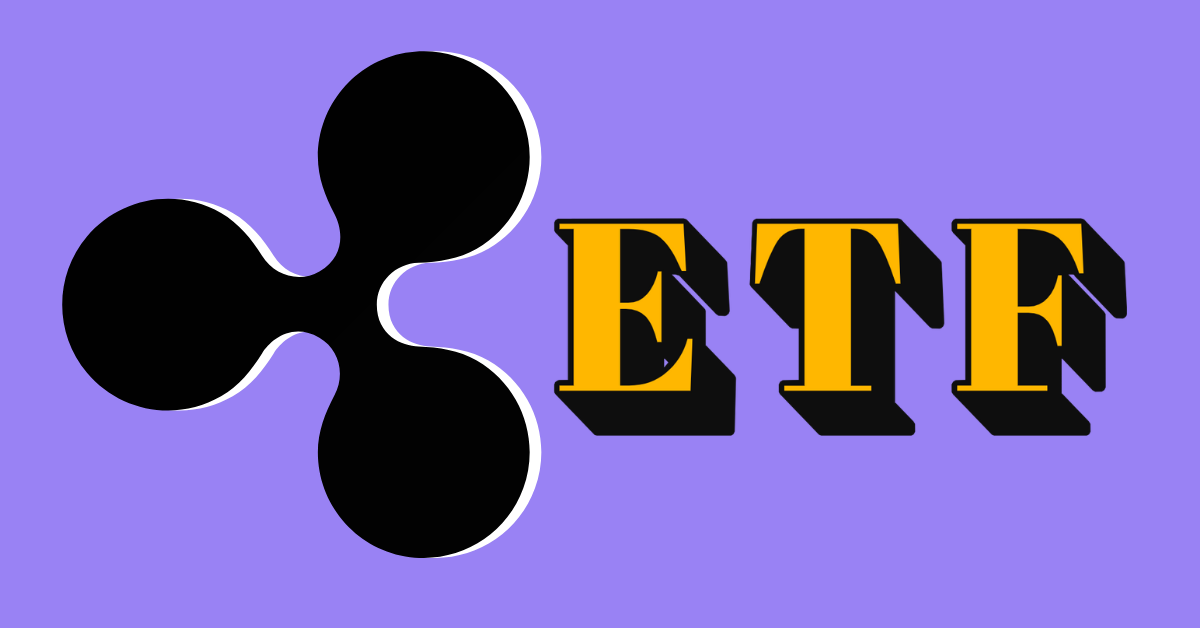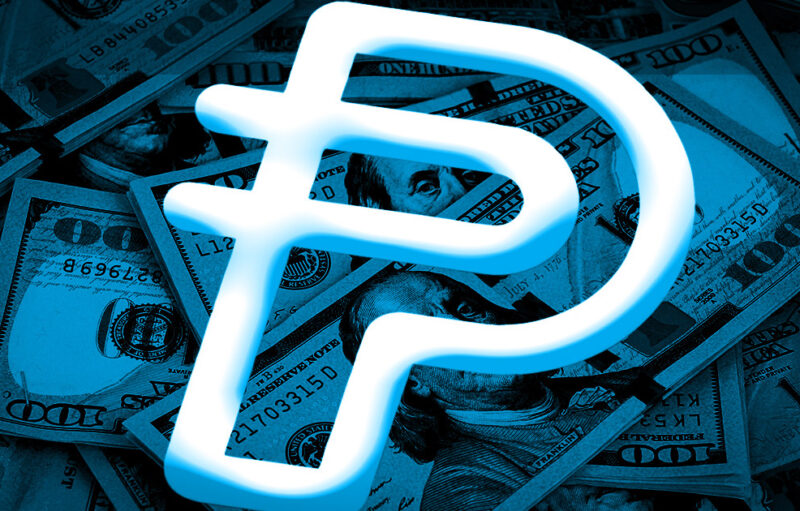
A surge of interest in XRP spot ETFs has recently stirred the crypto community, as Bitwise filed for XRP-based ETFs. This move took some by surprise, given that many expected Solana to be the next major focus after firms like VanEck filed for a Solana ETF, only to later withdraw.
The Political Influence on Crypto Regulations
On the Thinking Crypto podcast, Nate Geraci, president of The ETF Store suggested that these filings might be strategic moves ahead of the upcoming U.S. election. Geraci theorized that the companies are preparing for a potentially more crypto-friendly administration. Former President Donald Trump has previously hinted at a positive stance on cryptocurrency, and some believe his return to office could increase the chances for XRP and other crypto ETFs to gain regulatory approval.
Challenges Ahead for XRP Spot ETFs
Despite the renewed interest around possible political shifts, Geraci also opened up about the regulatory hurdles for XRP ETFs. Unlike Bitcoin and Ethereum, which have CME-traded futures contracts, XRP lacks a similar infrastructure, which makes it difficult for regulators to monitor the market and ensure security.
The SEC has typically required a surveillance-sharing agreement with regulated exchanges to reduce risks of market manipulation. However, as Geraci pointed out, most crypto exchanges where XRP is traded are currently unregulated, creating another layer of complexity for SEC approval.
The Ripple Lawsuit’s Impact on XRP’s Classification
Another factor influencing XRP’s regulatory path is the ongoing Ripple v. SEC case. The SEC has suggested that once crypto tokens like XRP are widely traded, they may no longer qualify as securities. If XRP is viewed similarly to Bitcoin—as a non-security commodity—this could potentially ease regulatory concerns. However, without a regulatory framework and an established surveillance-sharing mechanism, Geraci remains skeptical about XRP ETFs gaining quick approval.
The post appeared first on Coinpedia






